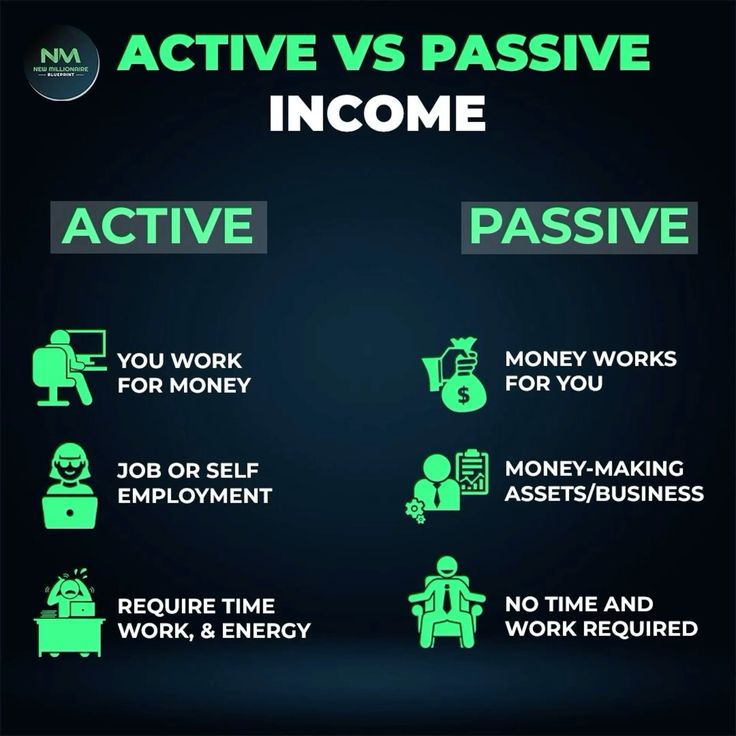
Imagine a world where you can send money across the globe in seconds, without banks or middlemen involved. This is the exciting reality of cryptocurrency, a new form of digital money that’s changing the way we think about transactions and finance. Whether you’ve heard of Bitcoin, Ethereum, or other cryptocurrencies, understanding this technology can give you a head start in the digital economy. Let’s dive into the basics of cryptocurrency and explore what makes it so revolutionary.
What is Cryptocurrency?
Cryptocurrency is a type of digital or virtual currency that uses cryptography for security. Unlike traditional money, which is issued by governments and banks, cryptocurrencies operate on a decentralized network of computers, called a blockchain. A blockchain is like a digital ledger that records all transactions and ensures they are secure and transparent.
How Does Cryptocurrency Work?
- Blockchain Technology:
At the core of cryptocurrency is blockchain technology. Think of a blockchain as a chain of blocks, where each block contains a list of transactions. When a transaction occurs, it gets added to a block and then linked to the previous block, creating a chain. This chain is stored across a network of computers, making it nearly impossible to alter or tamper with the data.
- Decentralization:
Unlike traditional banking systems that are centralized and controlled by a single entity (like a bank), cryptocurrencies are decentralized. This means that no single organization controls the currency. Instead, it relies on a network of computers (nodes) to verify and record transactions. This decentralization makes cryptocurrencies resistant to fraud and censorship.
- Cryptography:
Cryptography is used to secure transactions and control the creation of new units of cryptocurrency. For example, Bitcoin uses a process called mining, where powerful computers solve complex mathematical problems to validate transactions and create new bitcoins. This process ensures that the currency remains secure and that transactions are authentic.
Popular Cryptocurrencies:
- Bitcoin (BTC):
Bitcoin is the first and most well-known cryptocurrency, created by an anonymous person or group of people using the pseudonym Satoshi Nakamoto in 2009. It is often referred to as digital gold and is used both as a store of value and a medium of exchange.
- Ethereum (ETH):
Ethereum is a cryptocurrency and a platform for creating decentralized applications (dApps) and smart contracts. Smart contracts are self-executing contracts with the terms written into code, allowing for automated and secure transactions without intermediaries.
- Ripple (XRP):
Ripple focuses on improving cross-border payments and is used by financial institutions to facilitate fast and low-cost transactions between different currencies.
Why is Cryptocurrency Important?
- Financial Inclusion:
Cryptocurrencies have the potential to provide financial services to people who don’t have access to traditional banking systems. With just a smartphone and internet connection, anyone can use cryptocurrencies to send and receive money.
- Lower Transaction Fees:
Traditional financial systems often charge fees for transactions, especially for international transfers. Cryptocurrencies can reduce or eliminate these fees, making transactions cheaper and faster.
- Innovation:
The technology behind cryptocurrencies, such as blockchain, is driving innovation in various fields, from finance to supply chain management. It has the potential to create new business models and revolutionize industries.
The Risks and Challenges:
- Volatility:
Cryptocurrencies can be highly volatile, with prices that fluctuate widely in short periods. This volatility can lead to significant gains but also significant losses.
- Regulation:
The regulatory environment for cryptocurrencies is still evolving. Different countries have different rules and regulations, which can affect how cryptocurrencies are used and traded.
- Security Concerns:
While blockchain technology is secure, there are risks related to hacking and fraud. Users must be cautious and use secure wallets and platforms to protect their assets.
How to Get Started:
- Learn and Research:
Before investing in or using cryptocurrencies, it’s important to educate yourself about the technology and its risks. There are many online resources, courses, and forums where you can learn more.
- Use a Wallet:
To store and manage cryptocurrencies, you need a digital wallet. Wallets can be online, offline, or hardware-based, each with its own level of security.
- Start Small:
If you decide to invest in cryptocurrencies, start with a small amount and only invest what you can afford to lose. Diversify your investments and stay informed about market trends.
Conclusion:
Cryptocurrency is more than just digital money; it’s a technological revolution that’s reshaping the financial world. By understanding the basics of cryptocurrency and blockchain technology, you can be better prepared to navigate this exciting and rapidly changing field. Whether you’re interested in investing, technology, or the future of finance, cryptocurrency offers many opportunities to explore and learn.
Questions for Thought:
- What are some potential benefits and drawbacks of using cryptocurrency compared to traditional money?
- How do you think blockchain technology could impact other industries beyond finance?
- What steps can you take to stay informed and secure if you decide to get involved with cryptocurrencies?
Comments (0)
Categories
Recent posts


Exploring Different Career Paths: ...
1 Jul 2021
Celebrating Kenya’s Rising Star in ...
5 Oct 2024
The Richest People in the World ...
1 Jul 2021
Empowering Young Explorers through the ...
25 Sep 2024
Celebrating Teachers' Day
6 Oct 2024
Individual Development as the Pathway to ...
5 Oct 2024
Staying Current in a Changing Education ...
15 Oct 2024
Remote Work Trends: Digital Nomads
15 Oct 2024
Standing Up for Justice: Lessons from A ...
17 Jan 2025
Sneakers: A Lesson in History and ...
17 Jan 2025
Breaking into the World of Data ...
15 Oct 2024
Active vs. Passive Income: Striking a ...
17 Jan 2025
Integrating EdTech for Engaging Lessons
15 Oct 2024
Nurturing Critical Thinking in the ...
15 Oct 2024
KIPSEA National Timetable for Grade 6 ...
27 Oct 2024
'Kenyan Dress': Embracing Cultural ...
5 Oct 2024
Features of work songs
17 Jan 2025World Oceans Day
5 Oct 2024
Youth Participation in Politics
5 Oct 2024
Egg Chop: Quick, Delicious, and Perfect ...
17 Jan 2025
Cryptocurrency: A High Schooler’s ...
1 Jul 2021
The baobab tree: Kenya’s ancient ...
17 Jan 2025
Why Giving Back Makes You a Better ...
11 Oct 2024
How AI Is Changing the Job Market
15 Oct 2024
Why You Students Should Embrace Digital ...
5 Oct 2024
Mastering Time Management for Career ...
15 Oct 2024
How to Build a Personal Brand That ...
15 Oct 2024
Unlocking the Power of Digital Learning
5 Oct 2024
Sådan finder du balance mellem arbejde ...
23 Oct 2024
Exploring the Universe
15 Oct 2024
Celebrating Creativity at St. Mary's ...
5 Oct 2024
How Volcanoes Make New Islands
15 Oct 2024
Supporting Students' Mental Well-being
15 Oct 2024
Why Do Birds Fly South in Winter?
14 Oct 2024
The Secret Life of Bees and Why They ...
15 Oct 2024
Lighting Up the Future
15 Oct 2024
The Science of Rainbows
15 Oct 2024
The Role of Play in Early Childhood ...
15 Oct 2024
Toaster
17 Jan 2025
The Great Dinosaur Hunt
15 Oct 2024
Trump supporters storm the Capitol
17 Jan 2025
Digital Health in a Busy World
17 Jan 2025




